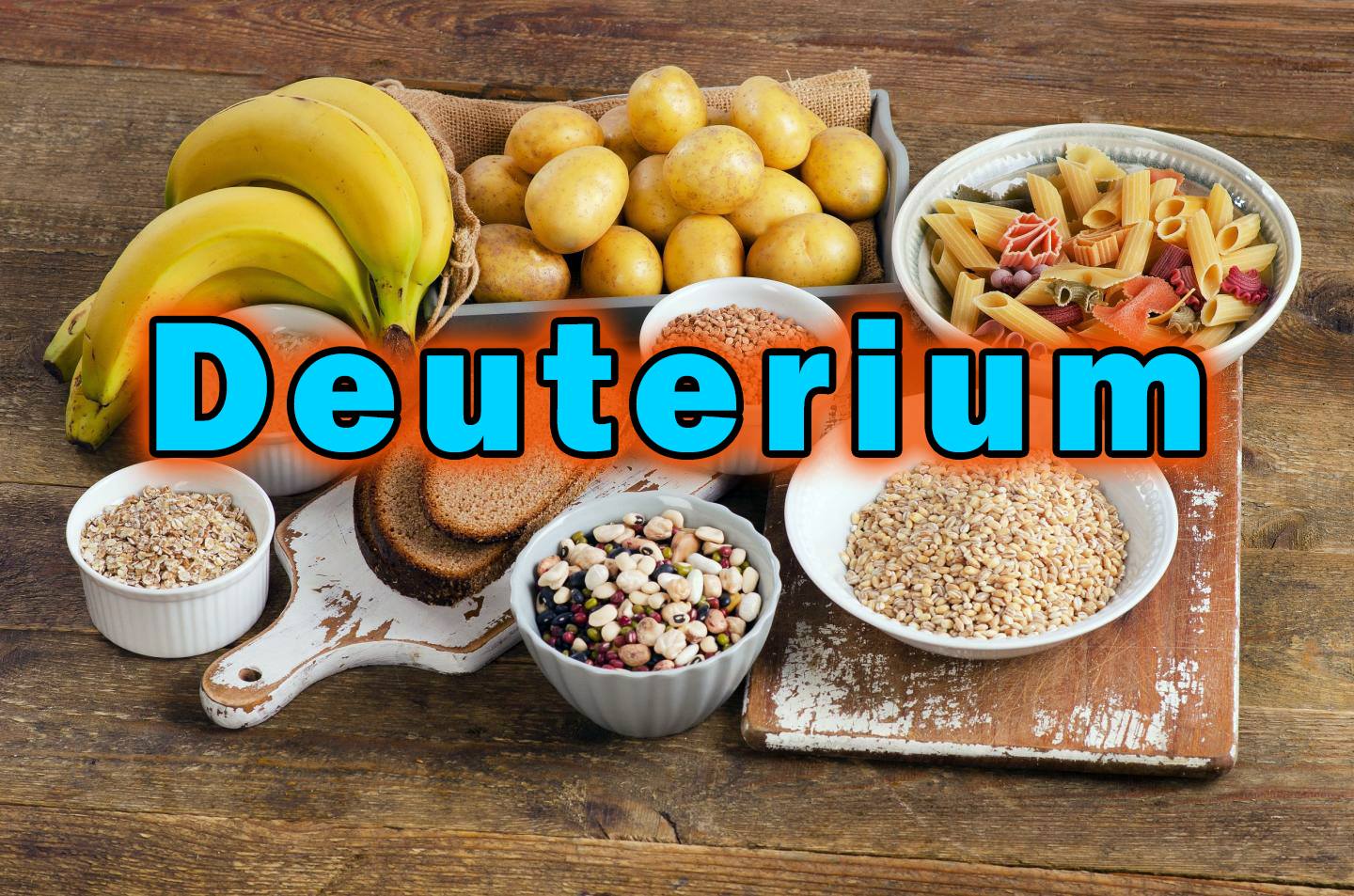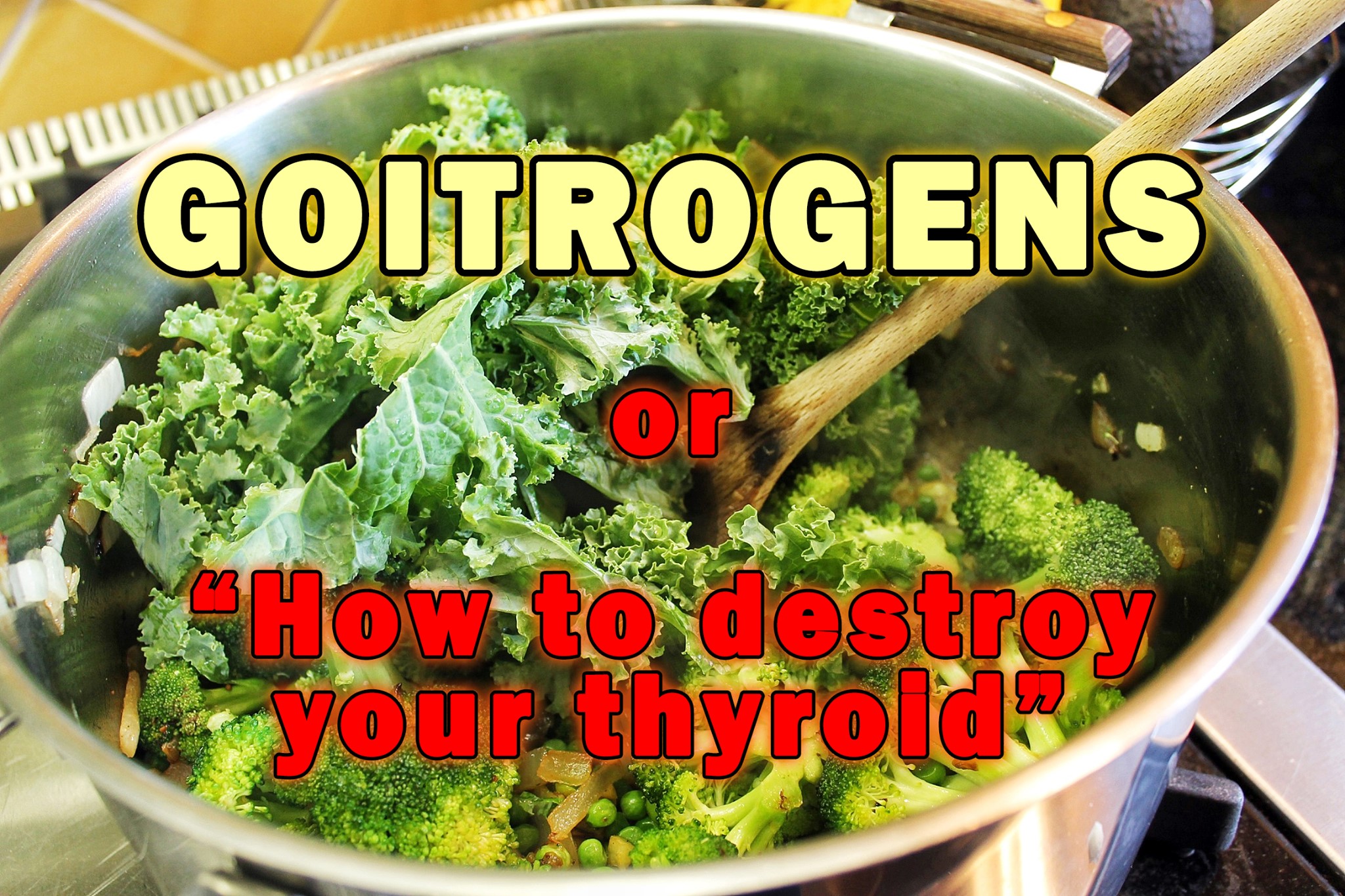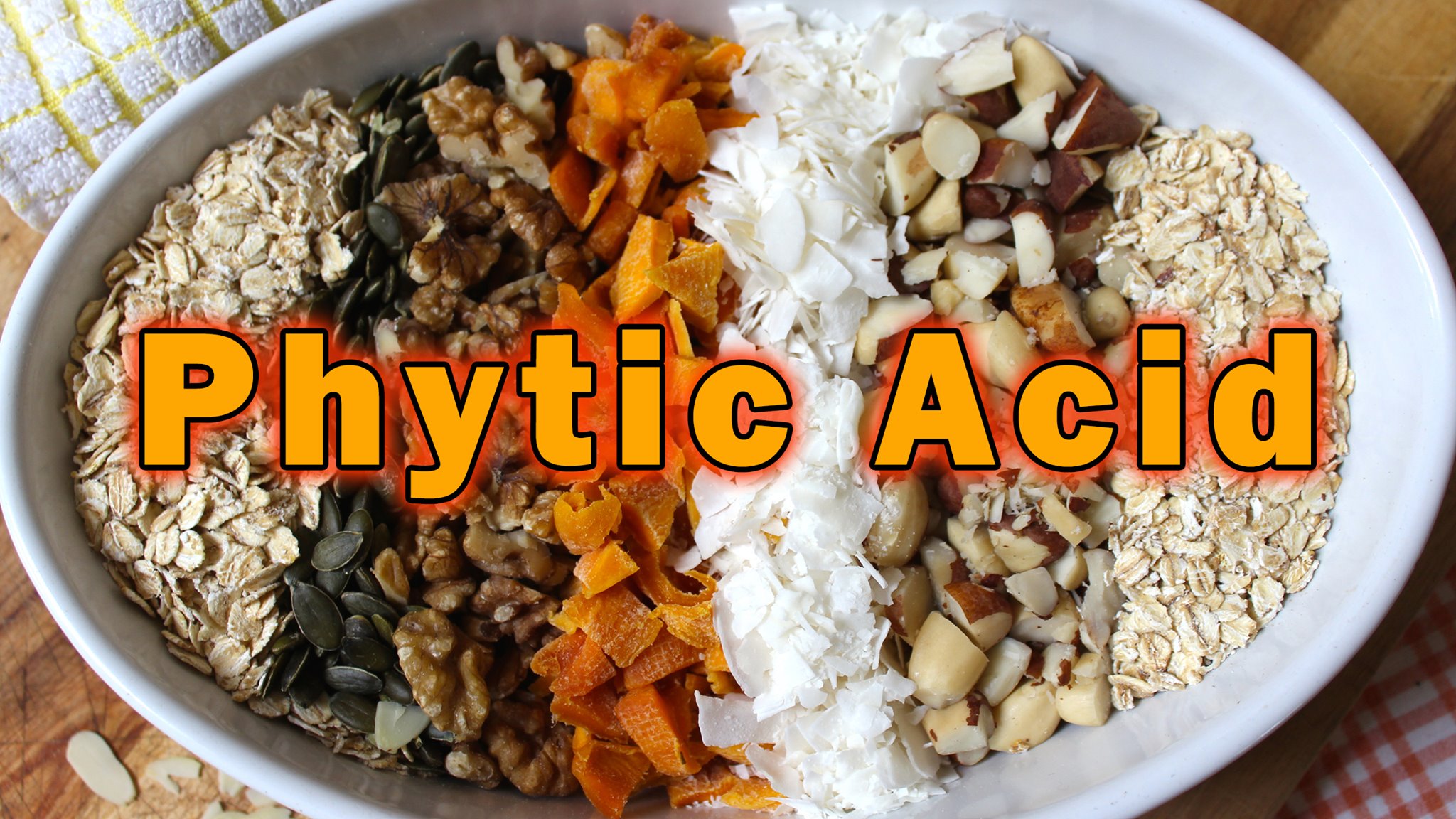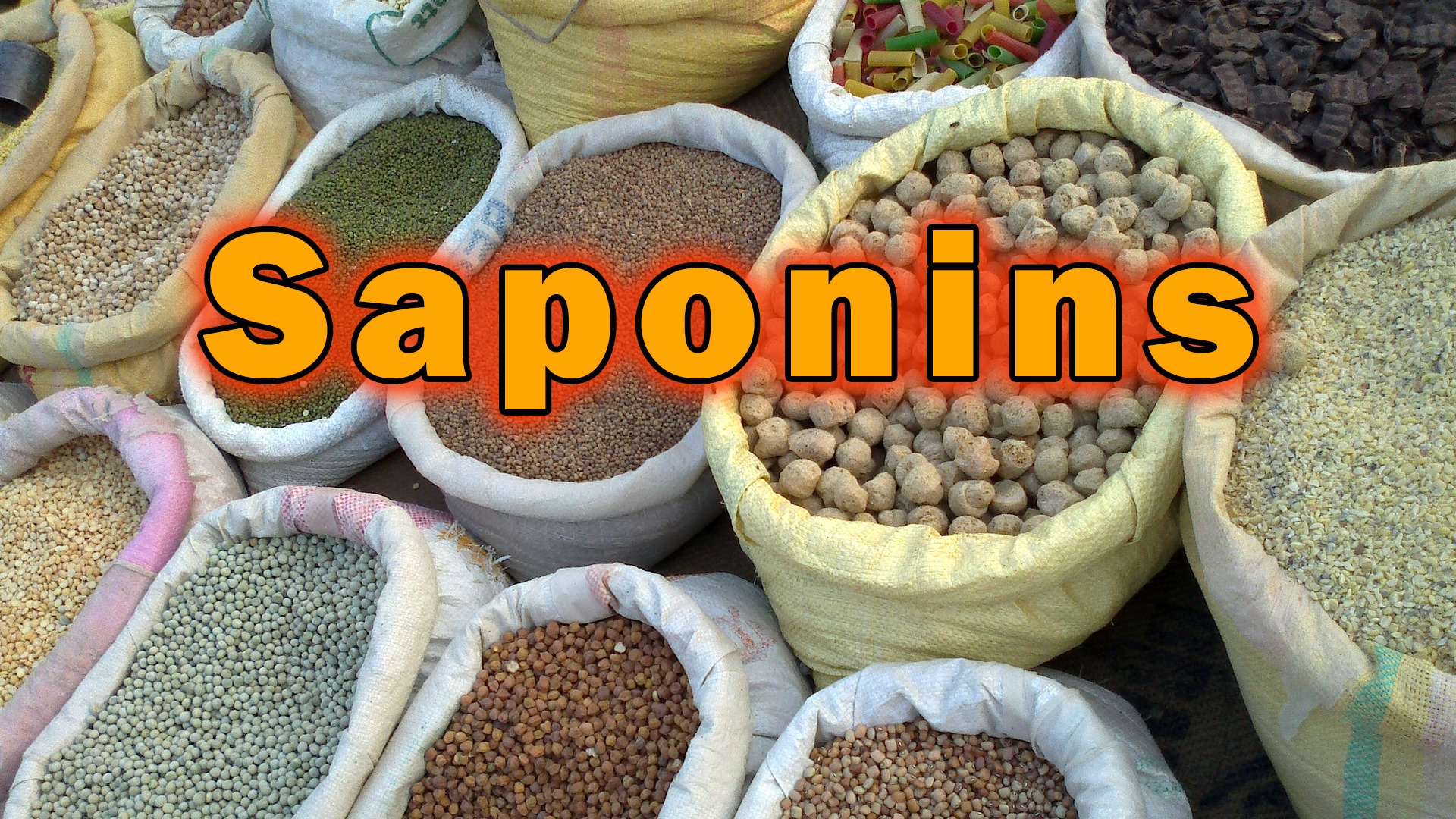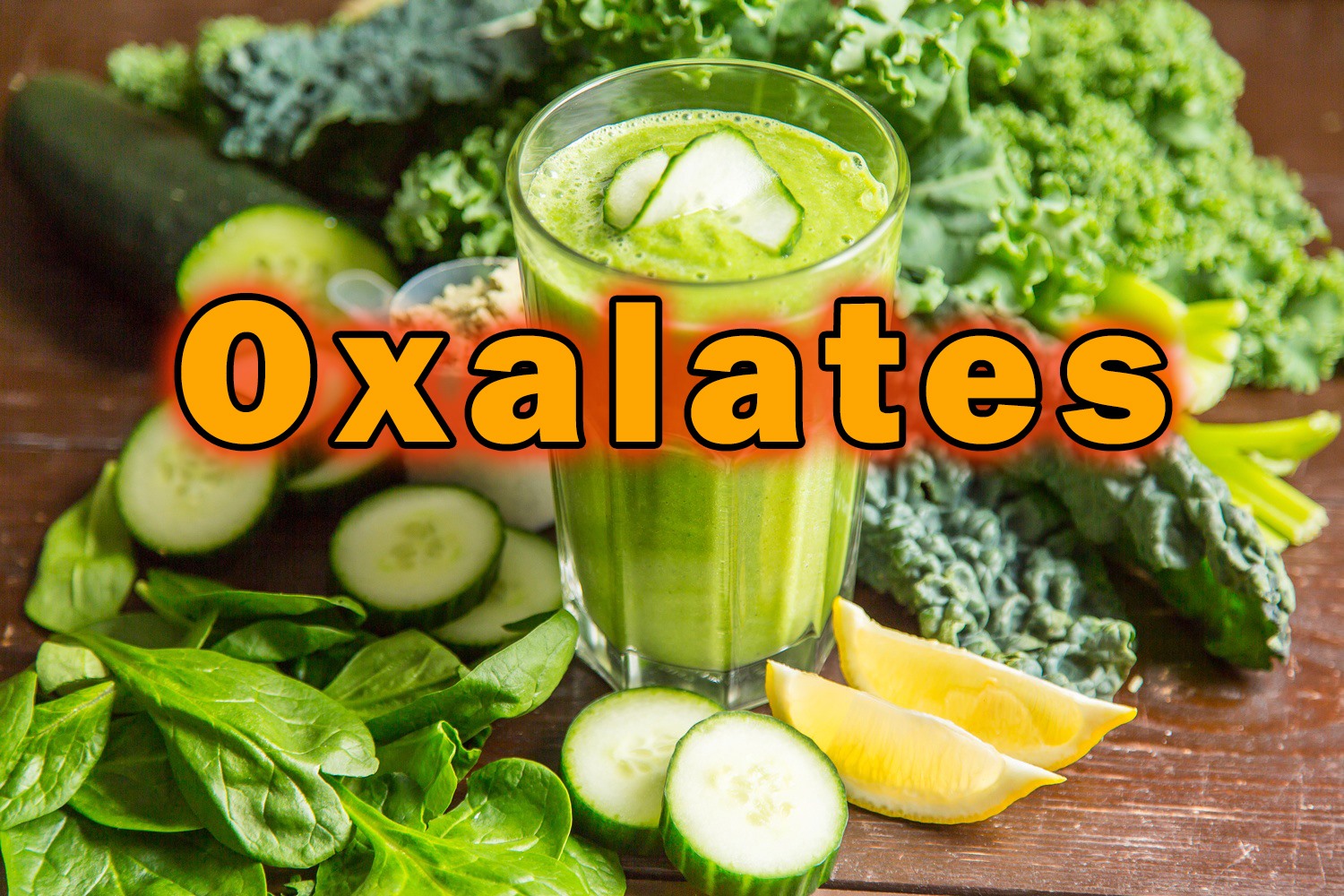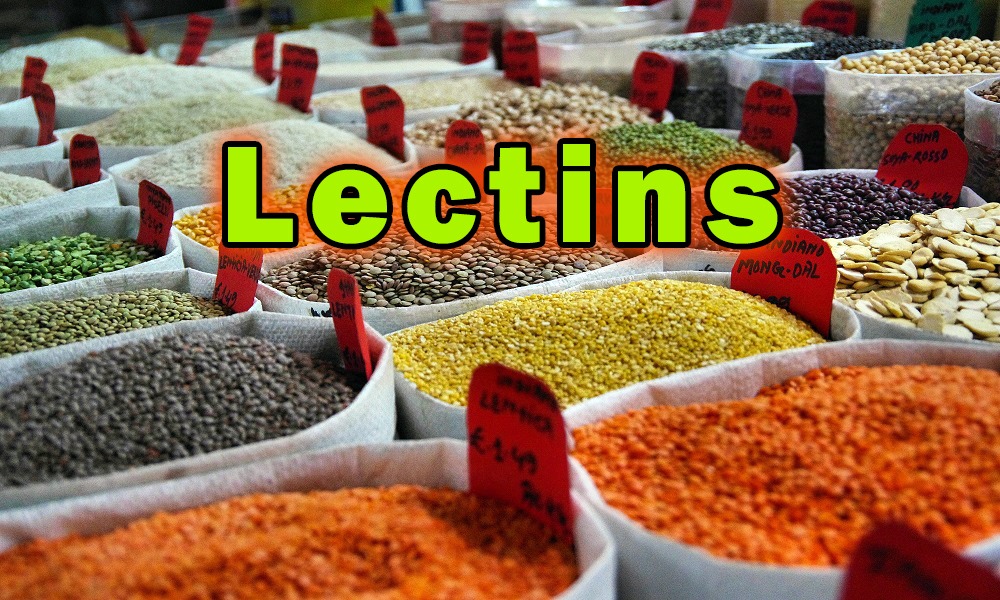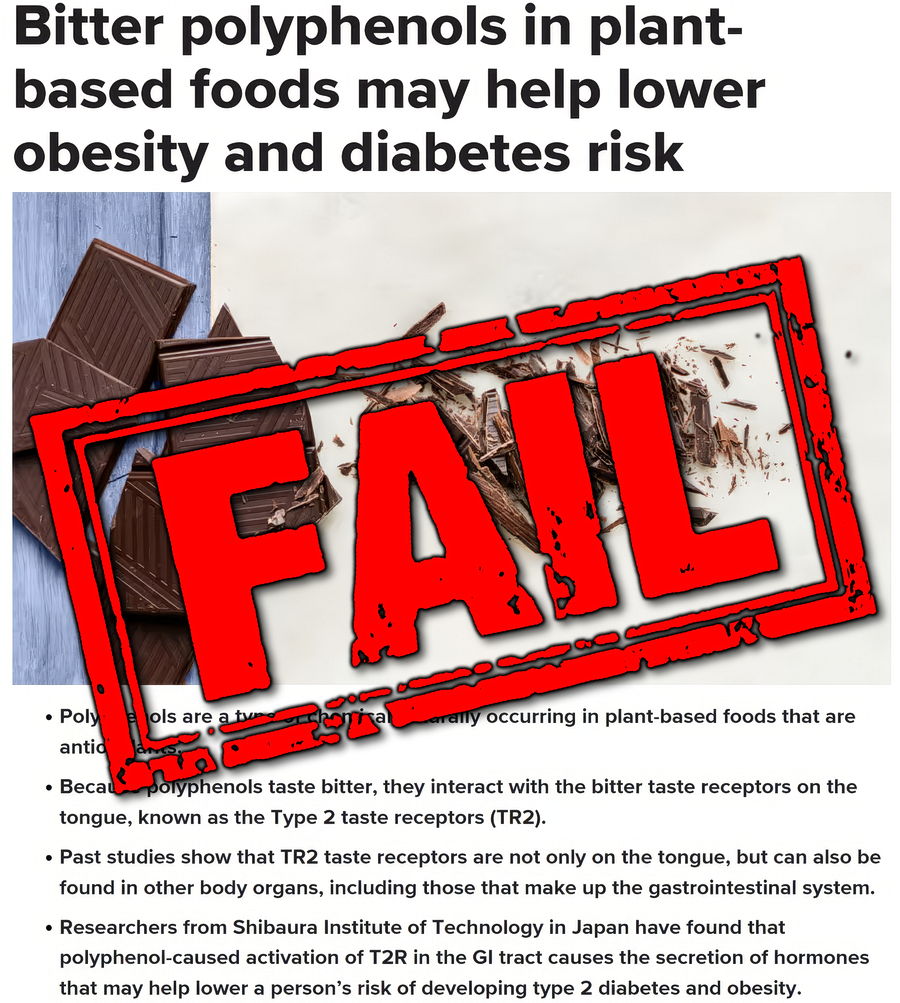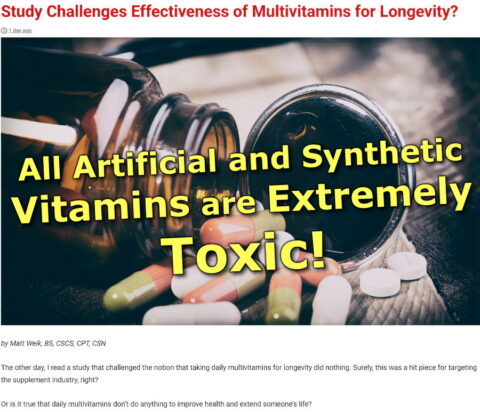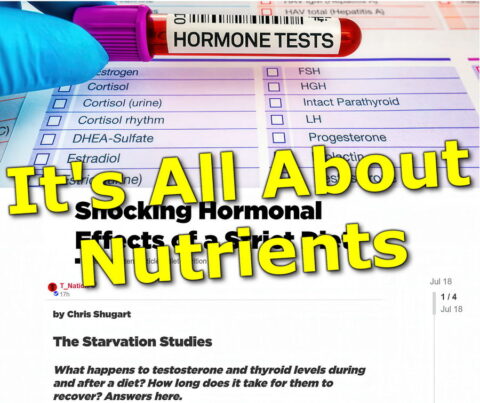Know Your Poison: Deuterium
So far, we’ve dealt with two of more than a dozen antinutrients and defense chemicals found in plant ‘foods’ that we will cover in this article series. Next on the list is deuterium, a compound that most dieticians, nutritionists, doctors and clueless trainers don’t even know exists. Hydrogen comes in two “shapes”: we have regular hydrogen, which is actually called protium, and then we have deuterium. Deuterium has the same properties as hydrogen, except […]
